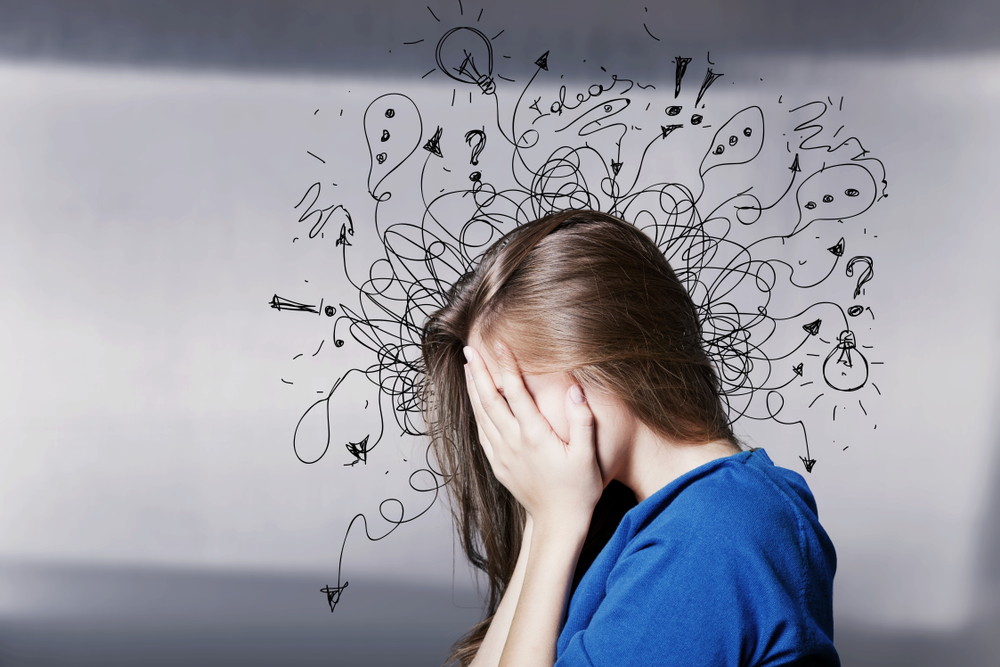Everyone experiences anxiety from time to time. When you’re placed in an unfamiliar situation that you feel unprepared for, it’s not unusual to feel anxious. But if anxiety becomes chronic and impairs your ability to function day to day, that’s another story. Chronic anxiety can have long-term adverse consequences for both your body and mind.
Working with professionals such as Psychologists Southern Sydney can help manage your anxiety and, eventually, improve your quality of life. If you experience chronic anxiety and you do nothing about it, you may eventually experience the following symptoms:
- Memory Loss
Your memory plays a vital role in your productivity. Whether you’re a student or an employee, you need to recall lessons you’ve learned in the past so you can carry out your responsibilities today. However, chronic anxiety or other types of generalized anxiety disorders may contribute to problems with your short-term and working memory.
To paint a clearer picture of the relationship between anxiety and memory loss, take note of the following points:
- When you suffer from anxiety, your body will release greater amounts of cortisol. This is a hormone that, in large quantities, may adversely affect your brain function and memory.
- Chronic anxiety can also become the reason why you’re losing sleep. Sleep deprivation can have negative effects on your focus, memory, and concentration. How can you possibly prepare for, say, a business presentation when you haven’t had any sleep all week?
- Many people who are experiencing chronic anxiety are unable to think about anything but the anxiety itself. This hinders learning and your ability to recalling information. In some cases, your brain might even block memories as a coping mechanism for handling anxiety and trauma.
- Weakened Immune System
Your immune system is responsible for keeping you safe from diseases such as the common cold and the flu. When you have a strong immune system you won’t get sick easily, regardless of what the weather is like outside. However, when you have an anxiety issue, your immune system might not be able to perform as it should. As a result, chronic anxiety can weaken your immune system and leave you vulnerable to common illnesses and viral infections.
How can anxiety can affect your immune system in the long run? Consider the following points:
- As mentioned before, your body will release cortisol when you’re anxious. Cortisol reduces inflammation in your body by weakening the antibodies responsible for the inflammation.
- While cortisol can benefit your body when it is released under normal conditions, long and recurring episodes of anxiety leads to excess cortisol secretion. This extra cortisol may suppress your white blood cells, making your immune system weaker over time.
- Your body needs white blood cells in order to fight germs and bacteria. A weakened immune system makes it easier for you to get sick and harder to recover from common illnesses and diseases.
- Respiratory Problems
Anxiety can also trigger respiratory problems. Whenever you suffer from anxiety, notice how your breathing patterns start to change. Instead of breathing regularly and relaxing your heart, anxiety can cause your breathing patterns to become rapid, shallow, and short. When the amount of oxygen you inhale is greater than the amount of carbon dioxide you exhale, unhealthy breathing patterns can occur. Over time, unhealthy breathing patterns can restrict the blood supply to and from your brain, causing numbness of the hands or feet, dizziness, and even loss of consciousness.
If you already suffer from asthma, anxiety can worsen its symptoms. Anxiety can cause your airways to become inflamed or contribute to the development of Chronic Obstructive Pulmonary Disease (COPD).
- Weight Gain
Different people have different coping mechanisms when it comes to anxiety. While some individuals relieve anxiety by simply talking to their friends and family, other people prefer to eat comfort food to feel better. Of course, weight gain may lead some people to become more anxious about their physical appearance. This extra anxiety leads to more unhealthy food consumption and a vicious cycle of mental and physical breakdown.
Working With The Pros Can Help
If you suspect you’re experiencing chronic anxiety, it is recommended that you seek professional help as soon as possible. The earlier you work with a licensed therapist, the faster you will recover and get your life back on track!
View more here.
Credit- What is Psychology (WIP). Published by- Dr. Sabiha : www.drsabiha.blogspot.com


